Six years after killings in Ukraine, justice remains elusive
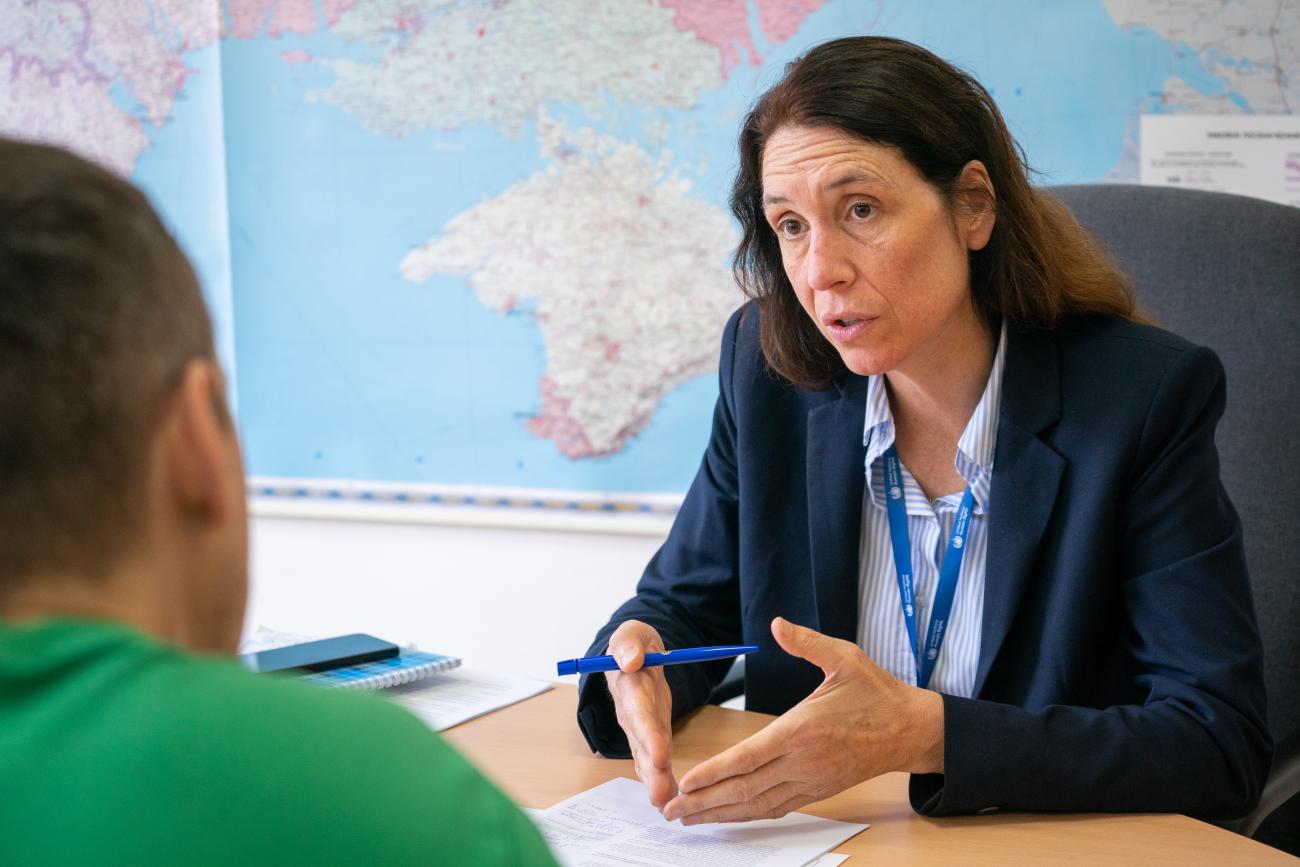
Matilda Bogner: “It is important to put a spotlight on all killings, as establishing the truth and providing justice for all is crucial for reconciliation.”
Between January and February 2014, during Ukraine’s months-long Maidan protests, eighty-three protestors, thirteen law-enforcement officers, a journalist and one bystander were killed or died violently. Six years on, weaknesses in the justice system have prevented investigations and prosecution of perpetrators from progressing further.
Today, Kyiv’s central square, Maidan, is a typical busy area in a city of three million people. Six years ago, it was barricaded, flooded with protestors day and night, veiled in heavy smoke, and blood was shed.
Mass protests that broke out in the country against then President Viktor Yanukovych and his Government were at their peak in January and February 2014. Internal troops and special riot police were sent in to disperse the protesters.
Sviatoslav was wounded on 20 February, the deadliest day of the Maidan protests, when 49 protestors and four law enforcement officers were killed. The broken chair he was using as a shield did not protect him from the flying bullets. “I was injured around 9am. By that time, people around me had been killed. One body was lying there, one more was down the road. I saw a man just next to me, with blood flowing out of his stomach.”
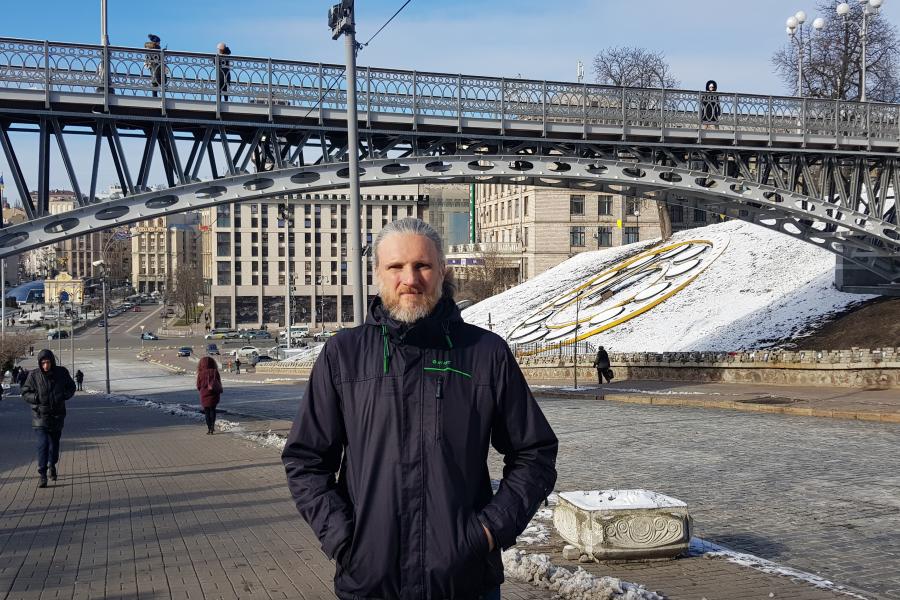
Escaping justice
A special department in the Prosecutor General’s Office, which was leading the investigation, identified the gun that had fired the bullet retrieved from Sviatoslav’s shoulder. It belonged to a riot police officer, one of five who were detained and charged with killing 48 protestors and injuring 80 others on 20 February.
Evhenia Zakrevska, a lawyer representing protestors and their families, said that the legal proceedings for this horrific event were unusually efficient. “The first indictment was ready in autumn 2014, with strong evidence.”
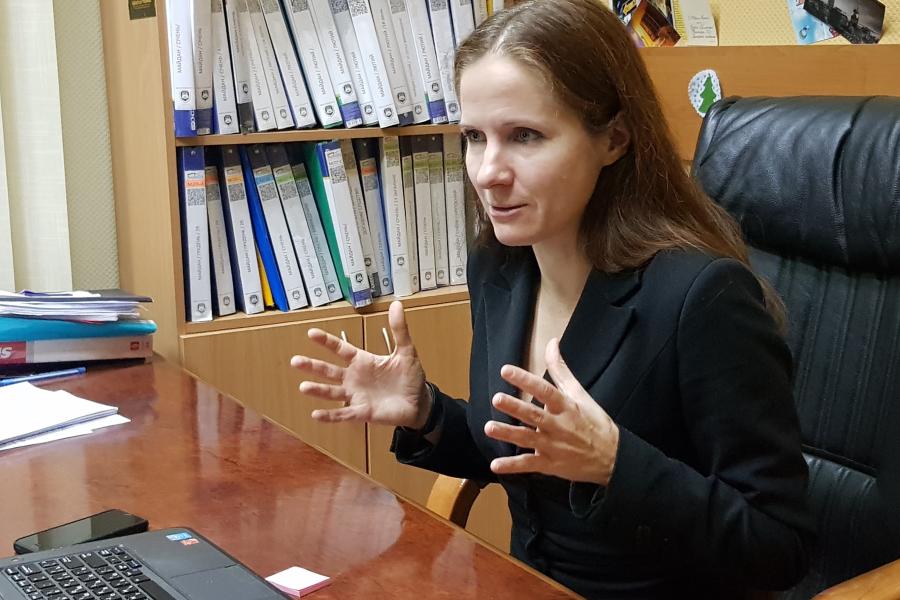
Families of the victims and their lawyers were hoping to see a verdict in 2020. Instead, however, the five accused were released at the end of December 2019, within the process of a simultaneous release of detainees agreed between the Government of Ukraine and the self-proclaimed ‘Donetsk people’s republic’ and the self-proclaimed ‘Luhansk people’s republic.’
While two of them returned to Kyiv, three remain at large. For the UN Human Rights Monitoring Mission in Ukraine, this undermines the victims’ right to justice.
“There is little hope to prosecute them in absentia,” says Matilda Bogner, Head of the UN Mission. She noted that the government had also failed to prosecute in absentia other riot police officers who managed to flee the country back in 2014.
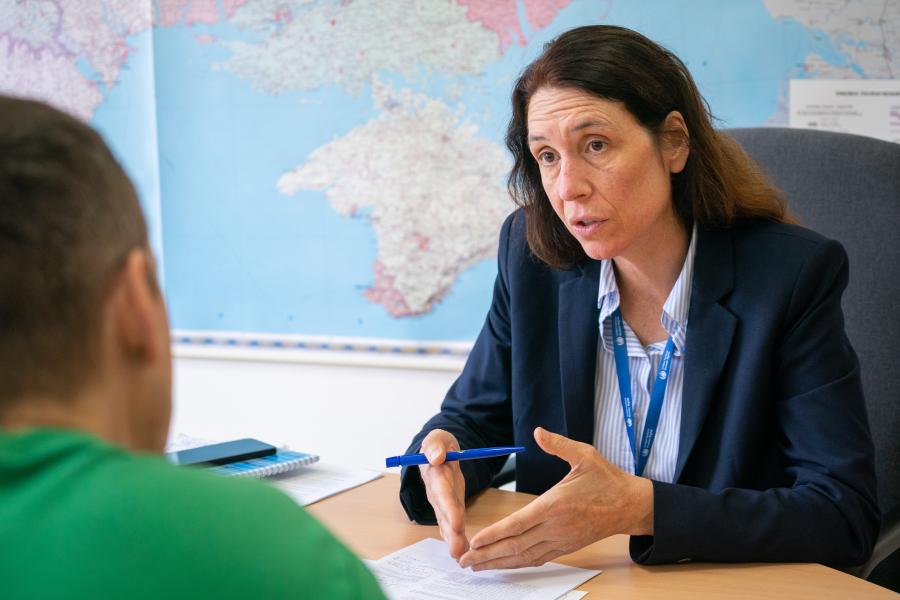
Hunger strike for the sake of justice
In November 2019, as a part of the reform process in Ukraine, the Prosecutor General’s Office was stripped of its investigative functions. The newly formed State Bureau of Investigation inherited all pending cases, including Maidan.
When it became clear that legislative gaps would not allow ‘old’ investigators to continue their work in the newly created Bureau, Zakrevska began a hunger strike. Her desperate move, and an outcry from families, civil society and the international community, eventually led to change. Parliament amended the law to allow for the transfer of investigators from the Prosecutor General’s Office to the State Bureau of Investigations.
“While we still see a pause in the investigations, we have managed to keep the institutional memory. I will keep going with these cases for as long as I can,” concludes Zakrevska.
Will police officers testify against their chiefs?
Since 2014, the UN Human Rights Monitoring Mission in Ukraine has been monitoring the investigations and trials, and has regularly reported on the progress. In 2019, to commemorate five years since the Maidan protests, the Mission published a briefing note on accountability.
The briefing note also describes the impediments to an effective investigation and prosecution of perpetrators. “A number of senior police officers suspected of abuse of authority and official powers to organise killings of the Maidan protestors retained their positions. We believe this makes their subordinates reluctant to testify about possible police involvement in the killings,” says Bogner.
Serhii Horbatiuk, the former chief of the investigative team in the Prosecutor General’s Office, shares a similar conclusion: “Investigations are based on testimonies. In the police force, will subordinates testify against their chiefs?”
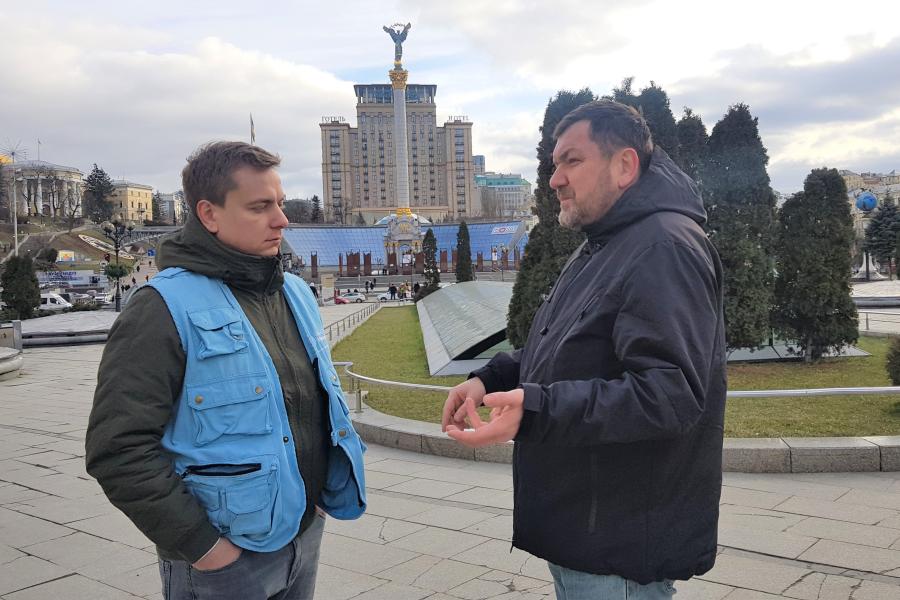
Many cases that relate to the killings and violent deaths during the Maidan protests are stuck in the courts. Judges are overloaded. “In one case, hearings were so short and took place so rarely that it took one and a half years just to read out the indictment,” continues Horbatiuk.
“There are no good or bad victims”
While investigations into the killings of protestors have seen at least limited progress, the killings of law enforcement officers have not.
In early April 2018, the authorities arrested a protestor for killing two police officers on 20 February 2014. Some Parliamentarians heavily criticised the arrest, accusing the investigators of persecuting protestors. Riding the wave of that discontent, the Deputy Prosecutor General at the time intervened, dropped the murder charges and secured the release of the protestor.
According to the UN Mission, a law adopted shortly after the end of the Maidan protests that guarantees immunity for protestors from prosecution, including for killing of law enforcement officers, also plays a role in hampering these investigations.
The Mission has recommended that the Parliament repeal this law to allow for the prosecution of all the killings.
“We must remember that there are no good or bad victims. Everyone is entitled to truth and justice,” says Bogner. “It is important to put a spotlight on all killings, as establishing the truth and providing justice for all is crucial for reconciliation.”

